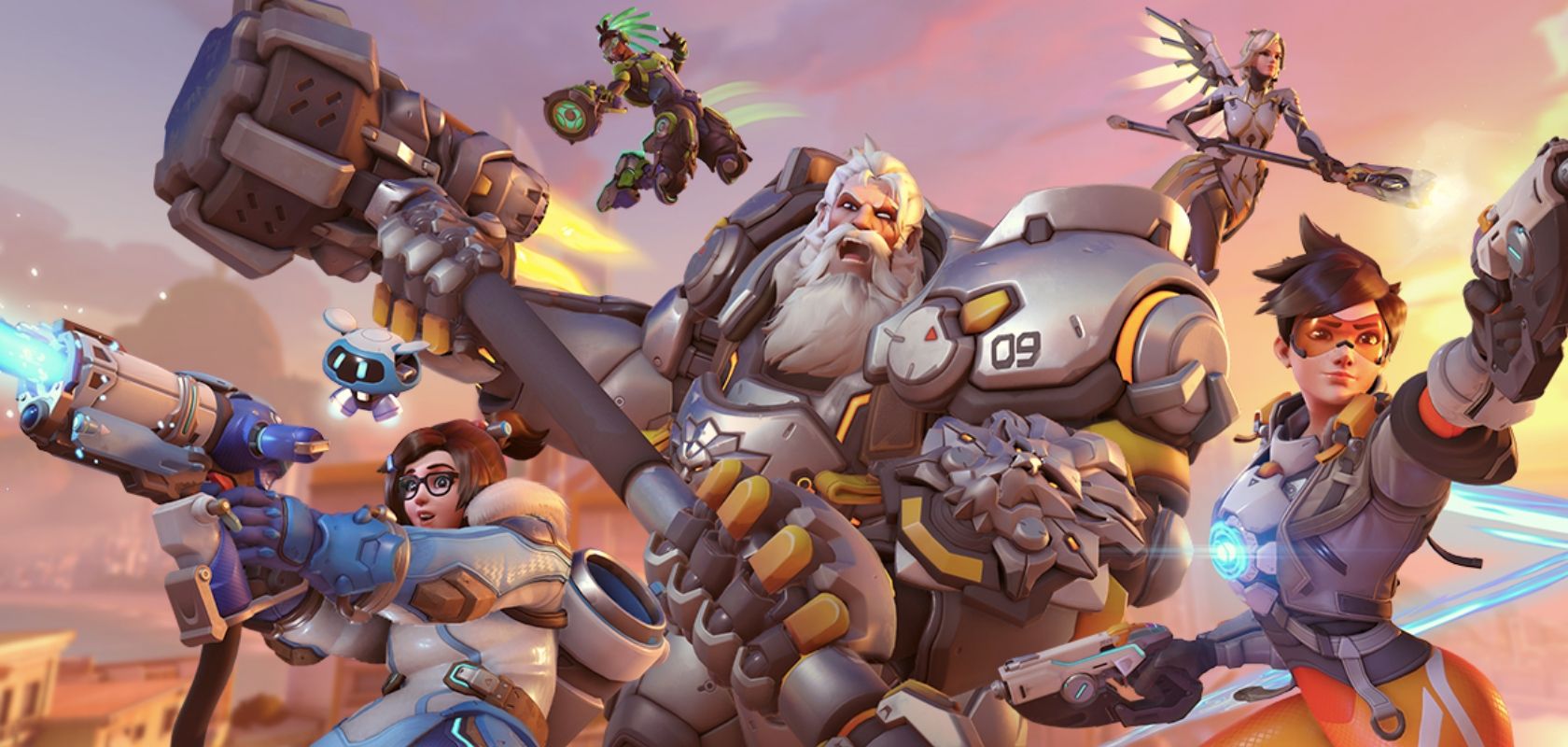The ADL (Anti-Defamation League) has done untold damage for freedom of expression online.
The ADL provided input when YouTube was crafting its hate speech rules which were brought forward in 2019 and pushed YouTube to make even more changes after they were introduced. The fallout from these strict rules are still being realized.
And now the organization is setting its sights on gaming.
In a recent interview given by an official of the Anti-Defamation League (ADL), gaming industry giant Valve is being singled out as particularly irresponsible in combating hate speech and harassment in its community.
That’s because Valve’s attitude is interpreted as allowing “anything except for trolling and illegal content.”
This statement came from ADL’s Center for Technology and Society Assistant Director Daniel Kelley, and not only is this a call for censorship – but, as gamers will know, Valve is not even coming close to living up to the promise of allowing all that’s legal and is instead, like the rest of the industry, banning people and closing accounts on suspicious grounds.
The calling out of Valve all companies for being too lenient, or as some would put it, using the least amount of censorship, is perhaps the most conspicuous example of the tone Kelly took in his interview with GamesIndustry.biz, entitled, “Getting the hate out of games.”
The ADL representative wants to see the gaming industry start out by acting in unison to present “data about the problem” to the world, and in order to do that, introduce new, significantly more stringent rules and ways of enforcing them.
Meanwhile, one game that was highlighted as an example of a large portion of those who played it being subjected to harassment is Overwatch. What is referred to in the interview as an inclusive roster of playable heroes was met with pushback by those who consider the whole idea of stricter rules to be a ploy to introduce more censorship and promote progressive political and ideological ideas.
And while many free speech and digital activists regularly express concern over the way giant centralized social media networks are policing their users and the content they post, Kelley has no issue with these efforts.
“I think it’s important that companies use their public voice in this realm and put on their platform, ‘We don’t allow hate speech, and here’s what we mean by hate speech,'” Kelley says.
“If the game industry were able to come together and collectively – or with selected individual companies to start – really share data with the public and society about the problem, I think that would be a huge step forward,” Kelley went on to say. “But of course to do that, they would need to create a ruleset around policy and enforcement on their platforms in ways that are much more robust than they have now.”
The only problem he sees is that the gaming industry isn’t taking a leaf out of Big Tech’ book, and is instead “adopting the tactics of Facebook or Twitter circa 2006.”














